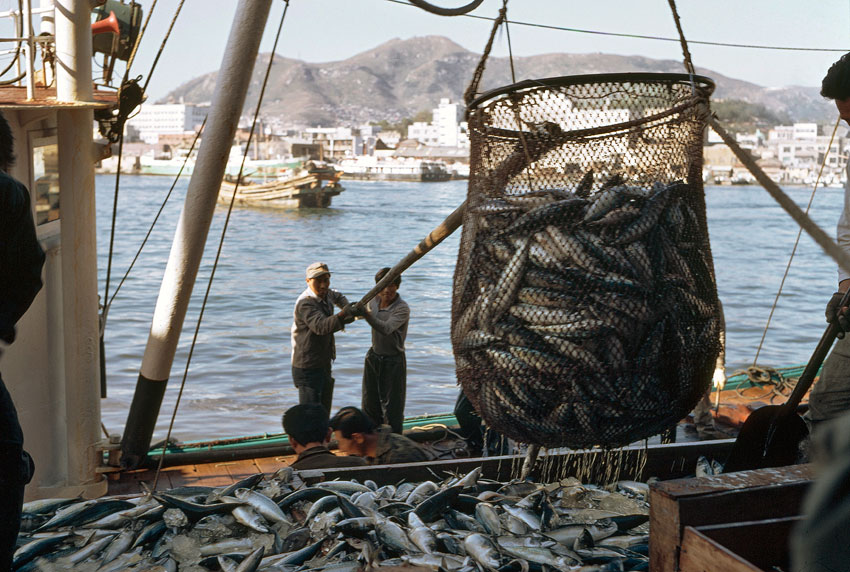A Sao Tome and Principe court on Monday convicted the captain and two crewmembers of a Nigerian-flagged trawler, FV Thunder for illegal fishing activities.
Globally, illegal fishing cost at least an estimated $23 billion each year, with one in four fish thought to be caught illegally in Africa with its bountiful marine life.
A criminal intelligence officer at Interpol’s fisheries unit, Alistair McDonnell, said FV Thunder was part of a fleet of six ships identified as some of the ocean’s worst poachers.
“This is a great result for transnational organised crime (fighting) cooperation because these guys have been doing this for 10 to 15 years,” he said.
“We are cutting away at the model. We’ll attack the insurance, the availability of supplies and crew; attack the landing ports and the markets they use. It is death by a thousand cuts,” McDonnell said.
He said illegal, unreported and unregulated fishing contribute to the depletion of fish stocks, reduced the profitability of legally caught seafood and cut revenues for developing nations.
The FV Thunder is considered to be one of the world’s worst illegal fishing ships. It was reportedly pursued by Sea Shepherd environmental activists for 110 days from the Antarctic before it sank in April in the Gulf of Guinea.
McDonnell said the court in Sao Tome had convicted the captain, chief engineer and second engineer of the vessel and sentenced them to custodial sentences as well as fines.
Documents seized from the Thunder were sent to Germany and sparked investigations across Europe, including companies in Spain where the ship’s owners are believed to be based.
The three crew faced charges of pollution, reckless driving, forgery and negligence.
Officials in Sao Tome could not be reached for comment.
Touching on the scale of the poaching involving FV Thunder and the other five ships, he said a cargo of toothfish could typically be worth between $3 million to $6 million, multiplied by two to three trips a year and six boats doing it.
“And they’ve been doing for more than a decade. We are talking hundreds of millions of dollars,” he said.
Copyright Ships & Ports Ltd. Permission to use quotations from this article is granted subject to appropriate credit given to www.shipsandports.com.ng as the source.
